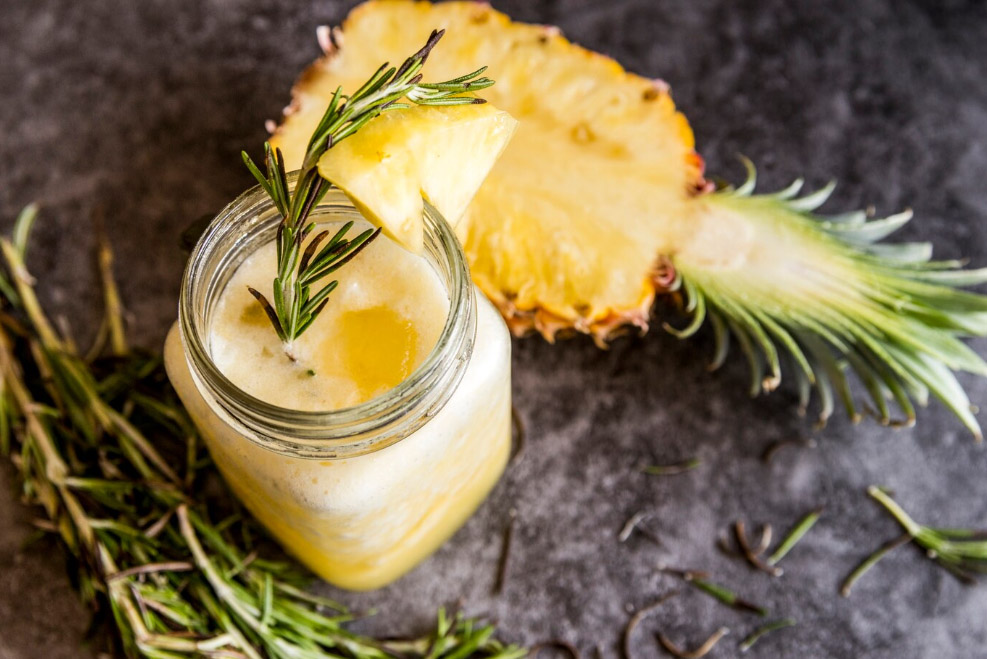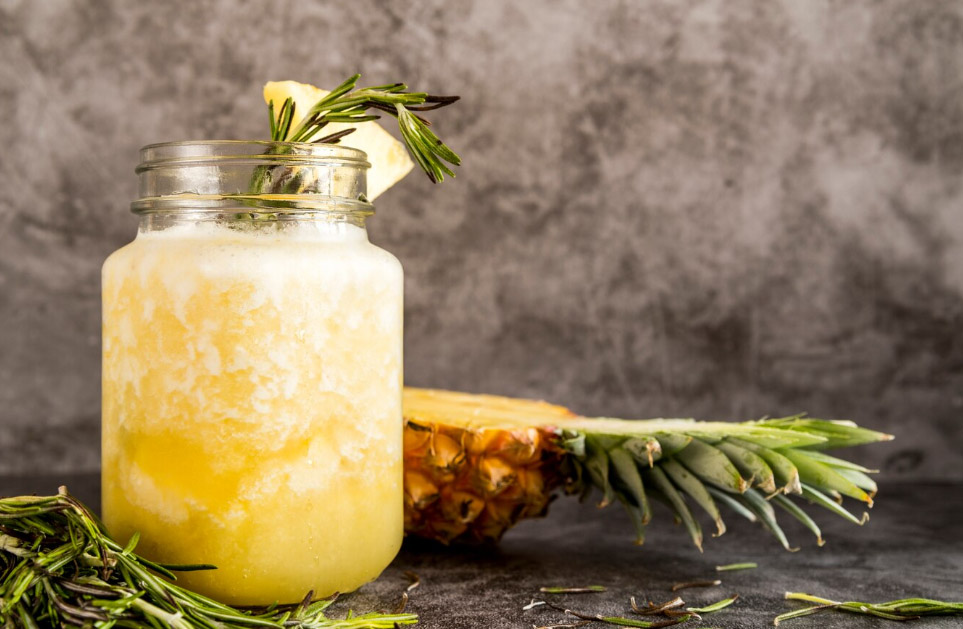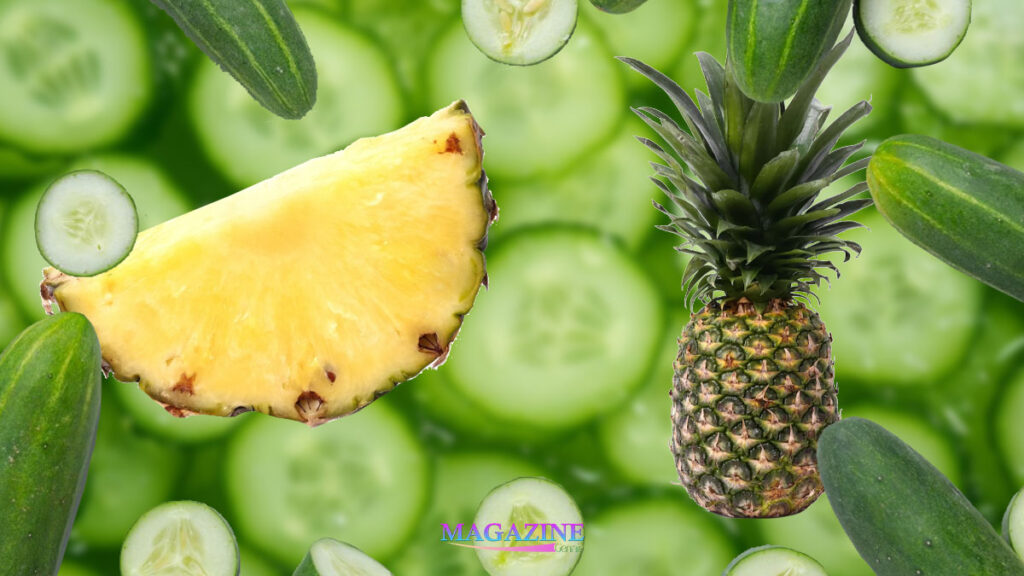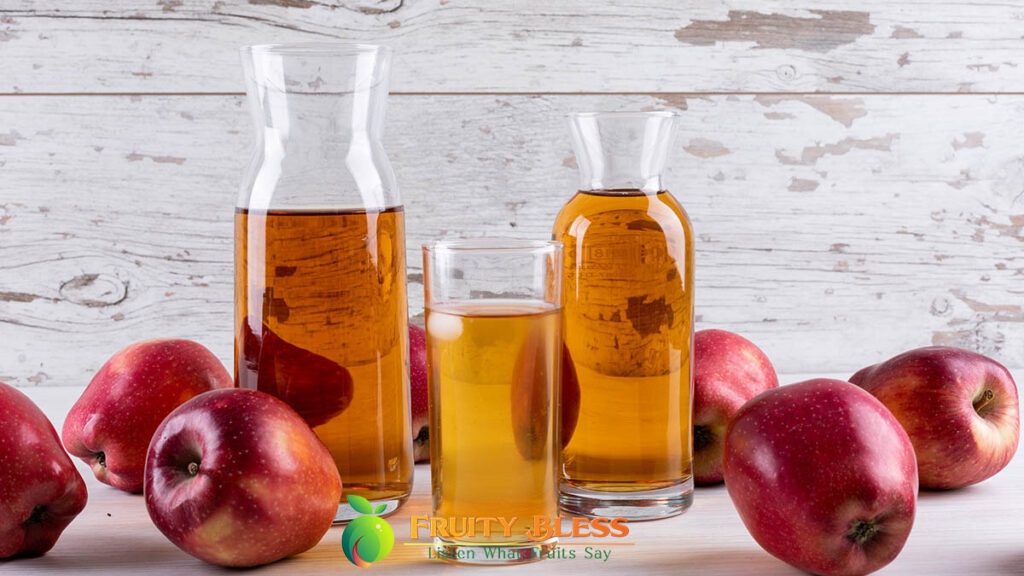Canned pineapple, a pantry staple enjoyed worldwide, offers a taste of the tropics in every bite. This convenience food boasts a sweet and tangy flavor, along with a satisfyingly juicy texture, making it a versatile ingredient for various culinary applications.
Table of Contents
A Brief History:
The journey of canned pineapple began in the 19th century when inventors sought ways to preserve the perishable fruit and make it accessible beyond its seasonal availability. The first successful canning of pineapple is credited to James Dole, who established the Hawaiian Pineapple Company in 1901. This innovation revolutionized the pineapple industry, allowing for global distribution and enjoyment.
Types of Canned Pineapple:

Canned pineapple comes in various forms to cater to different preferences and culinary uses:
- Sliced: This classic option is perfect for snacking, topping desserts, or adding to fruit salads.
- Chunks: These versatile pieces are ideal for adding to stir-fries, salads, or baking into muffins and cakes.
- Tidbits: These small, bite-sized pieces are convenient for snacking, adding to yogurt parfaits, or using as garnish.
- Crushed: This finely crushed pineapple is perfect for adding sweetness and moisture to cakes, breads, or sauces.
See also : Pineapples and Female Sexual Health
Packing Options:
Canned pineapple is typically packed in different mediums, each offering distinct advantages:
- Heavy Syrup: This option offers the sweetest and most traditional pineapple experience, perfect for desserts or snacking.
- Light Syrup: This provides a lower sugar content compared to heavy syrup, making it a more health-conscious choice.
- Juice Pack: Packed in pineapple juice, this option offers a naturally sweet and refreshing taste, ideal for health-conscious individuals and those watching their sugar intake.
Nutritional Value:
While not as readily available as fresh pineapple, canned pineapple still offers valuable nutrients. It is a good source of vitamin C, essential for a healthy immune system, and also contains manganese, which plays a role in enzyme function and bone health. Additionally, canned pineapple is a naturally fat-free and cholesterol-free food.
Selection and Storage Tips:
- Choose cans with no dents or bulges.
- Check the “packed on” date for freshness. Opt for cans packed closer to the current date for optimal flavor and quality.
- Store unopened cans in a cool, dry place. Once opened, transfer leftover pineapple to an airtight container and refrigerate for up to 5 days.
Beyond the Can:
Canned pineapple transcends its role as a standalone snack or dessert ingredient. Its versatility shines in various culinary applications:
- Desserts: Pineapple chunks or slices can elevate cakes, muffins, pies, and crumbles.
- Savory Dishes: Add a tropical twist to stir-fries, curries, or rice dishes with diced pineapple.
- Salads: Chunks or tidbits add sweetness and tang to fruit salads, coleslaw, or green salads.
- Cocktails: Crushed pineapple adds a tropical flair to cocktails like margaritas, piña coladas, and daiquiris.
- Marinades: Pineapple juice acts as a tenderizer and adds sweetness to marinades for meats like chicken, pork, or tofu.
Tips for Selecting and Storing Canned Pineapple:
When choosing canned pineapple, look for options labeled “packed in 100% juice” or “packed in water” to avoid excess sugars. Store unopened cans in a cool, dry place and refrigerate any leftover pineapple in a separate container once opened. Canned pineapple has a long shelf life, making it a convenient pantry staple for impromptu culinary creations.
Is canned pineapple healthy?

While canned pineapple isn’t inherently unhealthy, it’s important to consider its nutritional profile and potential drawbacks compared to fresh pineapple to make informed dietary choices.
Here’s a breakdown of the pros and cons of canned pineapple:
Pros:
- Convenience: Canned pineapple is readily available year-round, requires no preparation, and has a longer shelf life compared to fresh pineapple.
- Nutrient content: It still offers some vitamin C, essential for the immune system, and contains manganese, important for enzyme function and bone health.
- Fat-free and cholesterol-free: It can be a suitable option for individuals watching their fat and cholesterol intake.
Cons:
- Lower in nutrients: Compared to fresh pineapple, canned pineapple generally loses some vitamin C and other beneficial phytonutrients due to the canning process.
- Added sugar: Some canned pineapple varieties, especially those packed in heavy syrup, contain significantly higher amounts of sugar compared to fresh pineapple. This can be a concern for individuals managing their sugar intake or at risk for conditions like diabetes.
- Sodium: Some canned pineapple might have added sodium for preservation purposes. It’s important to check the label if you’re watching your sodium intake.
Therefore, canned pineapple can be a moderately healthy choice, especially when opting for:
- Varieties packed in water or juice to minimize added sugar intake.
- Consuming it in moderation as part of a balanced diet.
Here are some additional factors to consider:
- Freshness: Choosing canned pineapple with a “packed on” date closer to the current date can help ensure you’re getting a product with a higher vitamin C content.
- Draining the syrup: If you choose pineapple packed in syrup, draining the syrup before consuming it can significantly reduce your sugar intake.
Ultimately, the healthfulness of canned pineapple depends on the type you choose, your overall diet, and individual health needs. If you have any concerns, it’s always best to consult a registered dietitian or healthcare professional for personalized guidance.
Can you freeze canned pineapple?
Yes, you can freeze canned pineapple, but there are a few things to keep in mind before doing so:
1. Not Recommended for Original Can: It’s never recommended to freeze canned pineapple in the original can. The can expands when frozen, which can cause it to burst and contaminate the food. Additionally, the metallic can can impart unwanted flavors to the pineapple.
2. Transfer to Freezer-Safe Container: Always transfer the pineapple to an airtight, freezer-safe container before freezing. This will prevent freezer burn and ensure the quality of the pineapple is maintained.
3. Drain Syrup (Optional): While not strictly necessary, draining the syrup before freezing can be beneficial. This reduces the sugar content and prevents the syrup from turning icy, which can affect the texture of the pineapple.
4. Freezing Time: Canned pineapple can be frozen for up to 2 months at 0°F (-18°C). However, the quality and texture will gradually deteriorate over time.
5. Thawing: When you’re ready to use the frozen pineapple, simply thaw it in the refrigerator overnight. You can also thaw it under cold running water for a quicker option.
Overall, while freezing canned pineapple is possible, it’s not the ideal solution due to potential changes in texture and flavor. Fresh pineapple or frozen fresh pineapple chunks are generally better options for maintaining quality and nutrient content.
Here are some additional points to consider:
- Use: Frozen canned pineapple might have a softer texture and be better suited for cooked dishes like stir-fries or baking rather than eating raw.
- Alternatives: If you’re looking for a convenient option for adding pineapple to smoothies or yogurt, consider purchasing frozen pineapple chunks specifically meant for freezing, which are typically flash-frozen to preserve their quality.
Remember, choosing the best method for storing and consuming canned pineapple depends on your individual needs and preferences.
In conclusion, canned pineapple is a convenient and versatile addition to any pantry. With its sweet and tangy flavor, it can be enjoyed as a snack, incorporated into various dishes, and even used in beverages. So, the next time you’re looking for a taste of the tropics or a touch of sweetness in your recipes, reach for a can of pineapple and explore its culinary possibilities!


